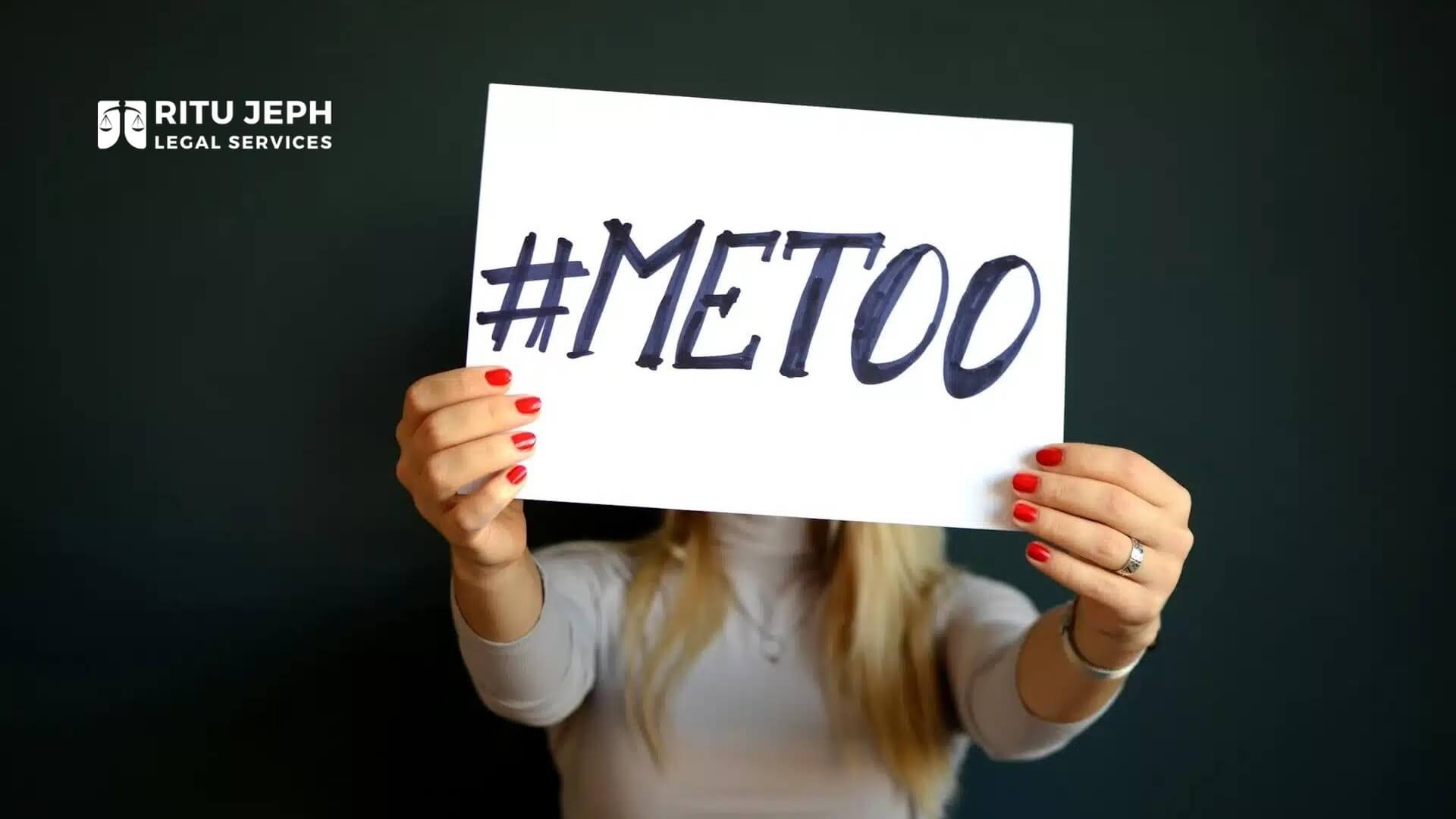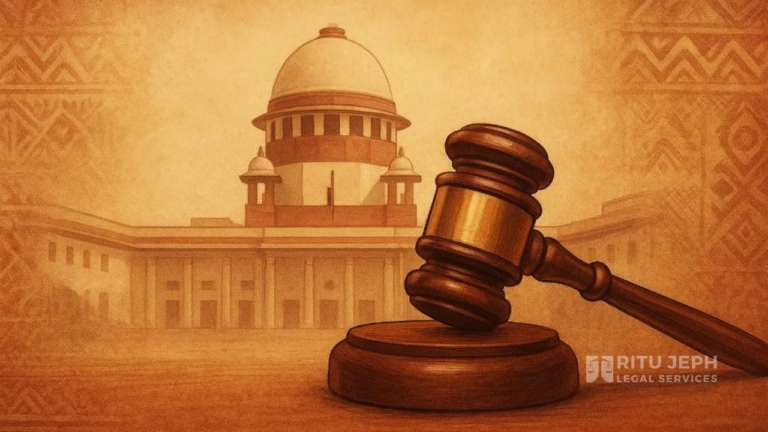Book Appointment Now

Understanding Section 354A of the Indian Penal Code: A Comprehensive Guide to Combat Sexual Harassment
Learn about Section 354A of the Indian Penal Code, empowering victims and penalizing sexual harassment offenders. Explore legal defenses, reporting steps, and FAQs for comprehensive understanding.
Sexual harassment is a grave offense that can have lasting consequences on its victims, leaving them with psychological trauma and a sense of powerlessness. It can occur in various settings – at work, in public spaces, or even at home – and can be perpetrated by anyone, regardless of their relationship with the victim. In India, Section 354A of the Indian Penal Code (IPC) stands as a vital legal provision aimed at addressing and penalizing such misconduct.
What is Section 354A of the IPC?
Section 354A of the Indian Penal Code serves as a crucial legal tool to combat sexual harassment. It defines sexual harassment by men and imposes penalties for those found guilty of such behavior. The section covers a wide range of unacceptable actions, including unwelcome physical contact, demands for sexual favors, sexually colored remarks, and the showing of pornography without consent. The penalties under this section vary depending on the severity of the offense, ranging from imprisonment for one to three years, fines, or both.
ALSO READ: What actions should be taken if you’re falsely charged with domestic violence and dowry allegations?
Understanding Sexual Harassment
Sexual harassment, as defined by Section 354A of the IPC, encompasses various behaviors, including unwelcome physical contact, demands for sexual favors, sexually colored remarks, and the showing of pornography without consent. This can range from grabbing someone’s waist without consent to making lewd comments about their appearance. Such actions create an environment of discomfort and fear for the victim, impacting their mental and emotional well-being.
Penalties and Punishments
The penalties for sexual harassment under Section 354A of the IPC depend on the nature and severity of the offense. Individuals found guilty of unwelcome physical contact or sexual advances can face imprisonment for up to three years, fines, or both. Similarly, demands or requests for sexual favors carry similar penalties. Making sexually colored remarks, considered a lighter offense, can result in imprisonment for up to one year, fines, or both. Additionally, showing pornography against someone’s will can lead to imprisonment for up to three years, fines, or both.
Legal Defenses and Exceptions
While Section 354A of the IPC aims to address sexual harassment, there are legal defenses and exceptions that individuals accused under this section can invoke. False accusations, lack of consent, and insufficient evidence are some common defenses used in such cases. It is essential to consider the context and interpretation of the behavior in question when determining if it constitutes sexual harassment.
ALSO READ: Understanding India’s POCSO Act: A Crucial Legislation for Law Students
What to Do if You Are Being Sexually Harassed?
If you believe you have been a victim of sexual harassment, there are steps you can take to seek justice and support. You can file a complaint with the local police or a magistrate within three years from the date of the incident. It is advisable to seek the help of a lawyer to navigate the legal process effectively. Gathering evidence, seeking legal advice, filing a First Information Report (FIR), and following up with the police are essential steps in pursuing a complaint of sexual harassment.
Conclusion
Section 354A of the Indian Penal Code plays a vital role in addressing sexual harassment and providing legal recourse for victims. By defining sexual harassment and imposing penalties for such behavior, the section aims to create a safer society where offenders are held accountable for their actions. Reporting sexual harassment, though challenging, sends a powerful message that such behavior will not be tolerated. Every step taken against sexual harassment contributes to creating a more respectful and equitable environment for all individuals.
FAQs
Can I report sexual harassment anonymously?
While sexual harassment complaints typically require identification for legal proceedings, some helplines and NGOs offer anonymous reporting options for initial discussions.
How long does it take to investigate a sexual harassment complaint?
The duration of an investigation varies based on factors such as case complexity and evidence availability. Some cases may be resolved quickly, while others may take several months.
Can I withdraw my complaint after filing it?
While it’s possible to withdraw a complaint, it’s advisable to consult with a lawyer before making this decision, as it may affect the credibility of the complaint.
Can I file a complaint if I am not the victim but have witnessed sexual harassment?
Yes, you can file a complaint if you have witnessed sexual harassment, even if you are not the direct victim.
How does Section 354A IPC differ from the provisions of the POSH Act?
Section 354A IPC addresses sexual harassment in any environment and provides criminal remedy, while the POSH Act focuses specifically on workplace harassment and offers a civil remedy.
How does Section 354A IPC differ from the provisions of the POSH Act?
Section 354A IPC addresses sexual harassment in any environment and provides criminal remedy, while the POSH Act focuses specifically on workplace harassment and offers a civil remedy.
Understanding Section 354A of the Indian Penal Code is essential in combating sexual harassment and ensuring justice for victims. By raising awareness and holding perpetrators accountable, we can work towards creating a safer and more equitable society for all.
In the face of sexual harassment, finding support and guidance is crucial. At Ritu Jeph Legal Services, we recognize the challenges victims encounter and are dedicated to providing compassionate assistance. Whether you’re seeking legal advice or pursuing justice, our team is committed to helping you navigate the complexities of the legal system. Reach out to us today via email, chat or directly Book an Appointment to take the first step towards reclaiming your rights and dignity.



